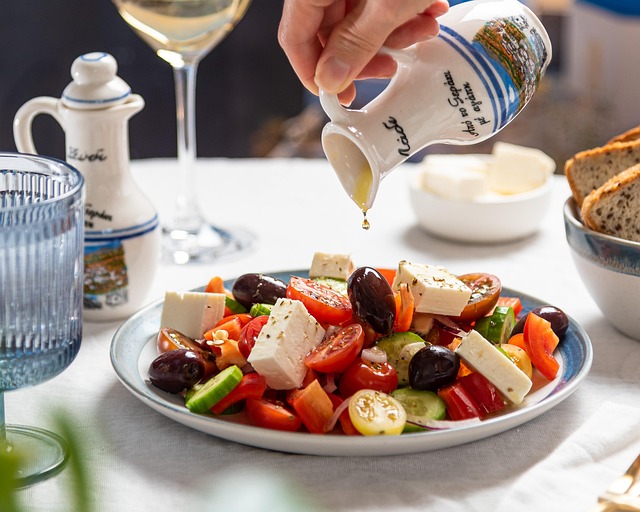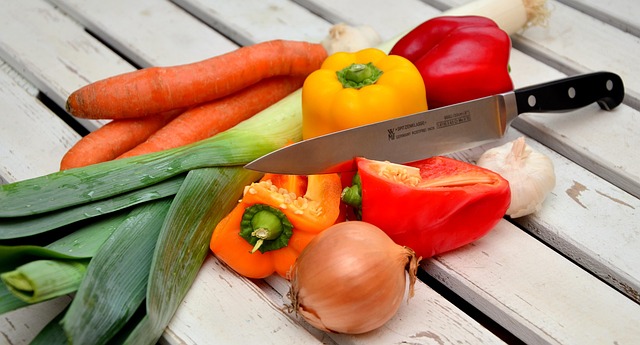Winemakers in southern Willamette Valley embrace small batch production and sustainable practices to create eco-friendly wines that highlight the region's terroir. Cooler temperatures and varied elevations foster intricate flavors, while winemakers prioritize organic farming, water conservation, and biodiversity to produce unique, high-quality wines. This commitment to sustainability is reshaping local wine culture as a model for environmentally conscious winemaking.
Discover the enchanting world of small batch wines in the southern Willamette Valley, where sustainability meets craftsmanship. This region’s focus on eco-friendly, small-scale viticulture has birthed a diverse array of unique flavors and aromas. Explore how local climate conditions and meticulous production techniques create distinct wine experiences. Delve into the story of these artisan wines, highlighting their commitment to quality and the environment through sustainable practices.
- Exploring Sustainable Wine Production in Southern Willamette Valley
- Small Batch Wines: A Focus on Quality and Craftsmanship
- The Impact of Local Climate on Unique Flavors and Aromas
Exploring Sustainable Wine Production in Southern Willamette Valley

In the heart of southern Willamette Valley, a unique and growing trend is reshaping the wine industry – small batch production with a focus on sustainable practices. This approach allows winemakers to craft wines that are not only environmentally friendly but also uniquely expressive of the region’s terroir. By limiting production to smaller batches, they can closely monitor every step, from sourcing high-quality grapes from local farms to employing eco-conscious fermentation methods.
The adoption of sustainable practices in this valley is a testament to the winemakers’ commitment to preserving the delicate balance of their surroundings. These include implementing organic farming techniques, minimizing waste through recycling and composting programs, and reducing water usage. Additionally, many vineyards are strategically planted to coexist harmoniously with native flora and fauna, fostering a biodiverse ecosystem that contributes to the overall health of the region’s unique wine culture.
Small Batch Wines: A Focus on Quality and Craftsmanship

Small batch wines produced in the Southern Willamette Valley showcase a deep commitment to quality and craftsmanship, often driven by sustainable practices. Winemakers in this region prioritize precision and attention to detail, allowing them to create unique, nuanced wines that reflect the distinct character of the local terroir. By focusing on smaller batches, they can meticulously control every aspect of the winemaking process, from grape selection to bottling, ensuring exceptional quality and distinct flavor profiles.
This approach not only highlights the artistry behind each bottle but also fosters a connection to the land. Sustainable practices, such as organic farming methods and careful water management, are integral to these winemakers’ philosophy. They strive to minimize their environmental impact while maximizing the potential of each vintage, contributing to the overall vibrant and eco-conscious wine culture in the Southern Willamette Valley.
The Impact of Local Climate on Unique Flavors and Aromas

The Southern Willamette Valley’s unique microclimate plays a pivotal role in shaping the distinct flavors and aromas of its small-batch wines. With cooler temperatures and varying elevations, this region offers a diverse range of growing conditions for grapes. As a result, winemakers can craft wines with intricate profiles that showcase both local terroir and sustainable practices. The valley’s climate contributes to slower ripening, allowing for a delicate balance between the sweet flavors of ripe fruit and the refreshing acidity that defines many of these wines.
This favorable climate encourages winemakers to embrace sustainable agriculture, further enhancing the region’s reputation for producing exceptional, unique wines. By implementing practices such as organic farming methods, native ecosystem preservation, and water conservation, the vineyards contribute to a healthier environment while also ensuring the consistent quality and distinct character of their offerings.
